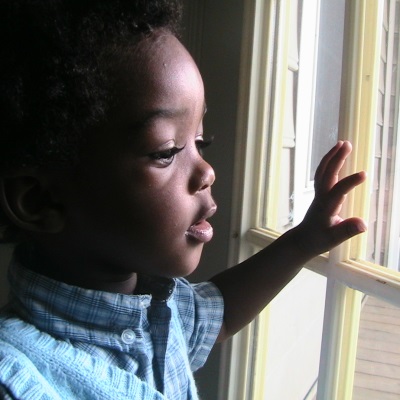 Children of ages three and four grow tremendously physically, cognitively and emotionally. Although each child progresses at a different rate, the general steps are the same. The shift from “terrible twos†to “magical threes†is delightful.
Children of ages three and four grow tremendously physically, cognitively and emotionally. Although each child progresses at a different rate, the general steps are the same. The shift from “terrible twos†to “magical threes†is delightful.
As a child approaches their third birthday, major temper tantrums decrease. The child is more willing to please you and can wait for a few minutes if necessary. Although the child wants choice, it needs to be basic, for example, “Do you want the red cup or the blue one?†A three-year-old wants to be with people but often becomes tired after a couple of hours. It is important to structure social times and rest periods to help the child be successful. A special blanket or stuffed toy might still be needed when the child is tired or away from home.
Cognitively, a three-year-old is starting to understand basic concepts of time namely, morning, afternoon and bedtime. Also, it is possible to talk about things that happened yesterday and things that will occur tomorrow. A child might recall a special event that happened a few days ago but the concept of the past and future is still limited.
At three, there is more emphasis on toileting. While a girl might be potty trained, boys tend to be too busy to worry about such “trivial†matters. For a child not potty trained, now is the time to set up a schedule and work towards “being dry†and wearing “big boy/girl†underwear. Letting the child choose the “special†underwear might encourage the child to “stay dryâ€. A child not interested in toileting by three might be a point of concern.
Generally, a three-year-old’s verbal capability is exploding. The child is using simple sentences and possibly chattering non-stop. A three-year-old has so much to say that sometimes it is hard for an adult to get a word in edgewise. The question “why?†is used often as the child tries to understand their world. For a parent it can be exhausting. With my older son, I resorted to answering, “Because the grass is green and the sky is blue.†Remember, it is better to have an inquisitive child than one who is not interested in anything. A doctor might be consulted if a child is not talking by three years old.
Physically, the child is learning to be more coordinated. The child might be able to learn how to pedal a tricycle, balance while walking on a plank and climb stairs using alternate feet. It is important that three-year-olds are supervised at all times, especially around water. Although physical ability is improving, a three-year-old cannot understand dangerous situations.
Socially, a three-year-old is starting to imitate parents and caregivers. Now is the time for adults to model appropriate behavior including saying “Please†and “Thank youâ€. Showing affection towards family and friends is a bonus of being around a three-year-old. This time is magical.










